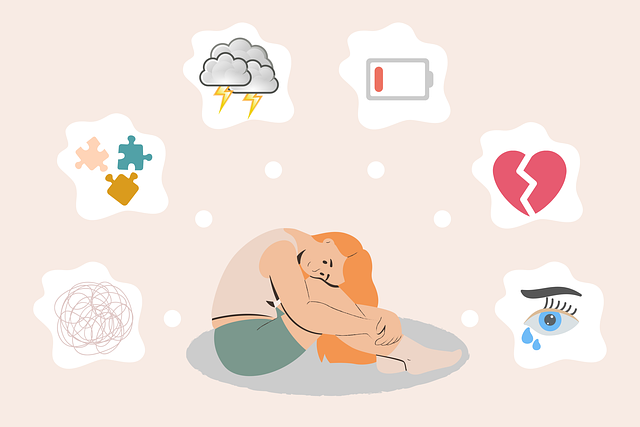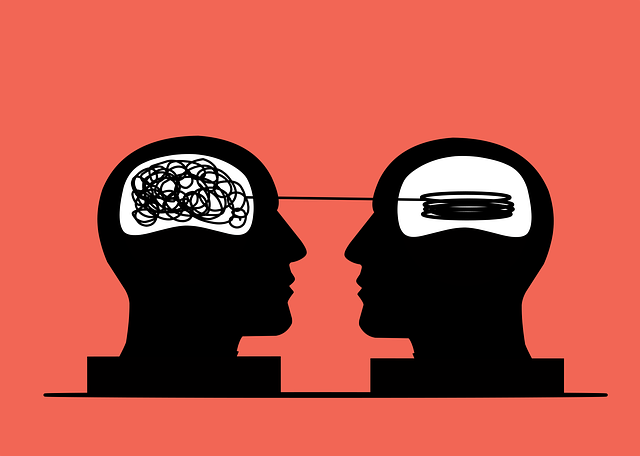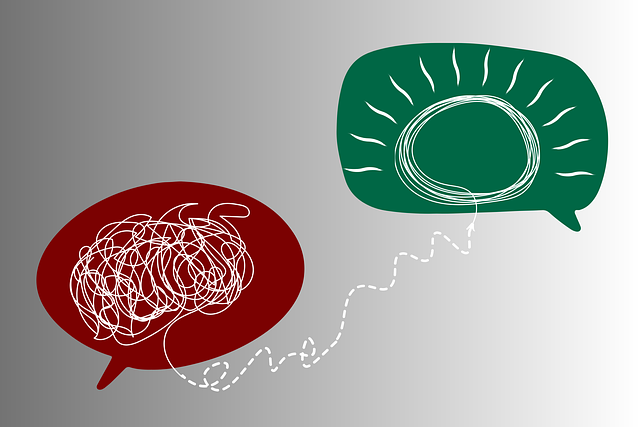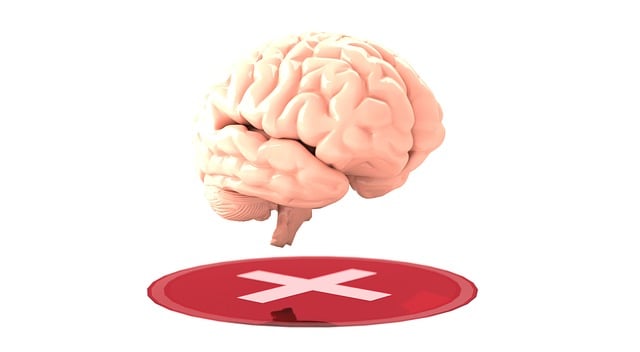Louisville Geriatrics Therapy focuses on Emotional Intelligence (EI) as a core component of mental wellness in healthcare, prioritizing patient and provider well-being. Their multifaceted approach includes educational resources like podcasts and journaling exercises, along with cultural competency training. This holistic strategy not only improves patient outcomes but also fosters resilience and compassion within the healthcare system. By enhancing EI, seniors can better cope with age-related changes, improve communication, and build stronger relationships. Louisville Geriatrics emphasizes emotional regulation techniques and mindfulness for stress relief, burnout prevention, and improved mental wellness across the board.
Emotional intelligence (EQ) is a vital component of well-being, especially for older adults. This comprehensive guide explores EQ development through the lens of the Louisville Geriatrics Therapy Approach, emphasizing its significance in improving quality of life. We delve into strategies such as identifying and managing emotions, enhancing social connections, and incorporating mindfulness to foster better mental health. By understanding and cultivating emotional intelligence, individuals can navigate life’s challenges with greater resilience, as demonstrated by the expert practices of Louisville Geriatrics Therapy.
- Understanding Emotional Intelligence: The Louisville Geriatrics Therapy Approach
- Why Emotional Intelligence Matters for Older Adults
- Identifying and Managing Emotions: Practical Tips from Louisville Geriatrics
- Enhancing Social Connections through EQ Development
- Incorporating Mindfulness and Self-Awareness in Daily Routines
Understanding Emotional Intelligence: The Louisville Geriatrics Therapy Approach

Emotional intelligence (EI) is a multifaceted concept that has gained significant attention in recent years, particularly within the healthcare sector. The Louisville Geriatrics Therapy Approach offers a unique perspective on understanding and fostering EI, focusing on its impact on mental wellness. This approach emphasizes the importance of recognizing and managing emotions not just for individuals but also for healthcare providers.
The Louisville Geriatrics Therapy team believes that emotional intelligence is a key component in delivering compassionate and effective care. Through their Mental Wellness Podcast Series Production and Mental Wellness Journaling Exercise Guidance, they empower both patients and healthcare professionals to navigate complex emotions. Moreover, the approach prioritizes cultural competency training for healthcare providers, ensuring that services are tailored to meet the diverse needs of an increasingly diverse population. This holistic strategy not only enhances patient outcomes but also contributes to a more fulfilling and resilient healthcare system.
Why Emotional Intelligence Matters for Older Adults

Emotional intelligence (EQ) plays a pivotal role in the well-being and quality of life for older adults. As individuals age, maintaining mental and emotional health becomes increasingly important to navigate the challenges that come with later life stages. Louisville Geriatrics Therapy recognizes the significance of EQ as a protective factor against cognitive decline, depression, and anxiety—common issues among seniors.
Enhancing emotional intelligence can improve self-esteem, enabling older adults to feel more confident in their abilities and cope better with age-related changes. Moreover, it aids in effective communication, fostering stronger connections with family, friends, and healthcare providers. With proper emotional intelligence development, individuals can better manage risks and anticipate potential crises, ensuring a more secure future. This is particularly relevant for mental health professionals who can incorporate self-esteem improvement techniques and crisis intervention guidance into their practice to support their elderly clients effectively.
Identifying and Managing Emotions: Practical Tips from Louisville Geriatrics

Identifying and managing emotions is a cornerstone of emotional intelligence development, as recommended by Louisville Geriatrics Therapy. Start by recognizing your feelings and labeling them accurately. This practice allows for a better understanding of triggers and patterns. Keep a mood journal to track your emotions over time, noting events that induce specific reactions. Such self-awareness fosters healthier responses.
Louisville Geriatrics also emphasizes the importance of emotional regulation strategies. Deep breathing exercises, mindfulness meditation, and physical activity can help calm and center you during stressful situations. Building resilience through these practices not only enhances emotional intelligence but also serves as a valuable tool for mental health professionals conducting risk assessments, promoting confidence-boosting coping mechanisms, and overall well-being.
Enhancing Social Connections through EQ Development

Emotional intelligence (EQ) development plays a pivotal role in enhancing social connections, which is especially significant in fields like geriatric therapy in Louisville. As healthcare providers engage with patients and their families, cultivating higher EQ levels can lead to stronger relationships and improved patient outcomes. By focusing on emotional awareness, empathy, and effective communication, therapists can create safer, more supportive environments. This, in turn, fosters open dialogue, encourages active listening, and promotes understanding among all parties involved.
Moreover, the integration of EQ into geriatric therapy not only benefits patients but also serves as powerful burnout prevention strategies for healthcare providers. Healthcare professionals who prioritize their emotional intelligence are better equipped to manage stress, maintain resilience, and nurture healthier interactions with their clients. This holistic approach not only contributes to better mental wellness for both therapist and patient but also ensures that quality care remains at the heart of geriatric therapy services in Louisville.
Incorporating Mindfulness and Self-Awareness in Daily Routines

Incorporating mindfulness and self-awareness into daily routines is a powerful tool for emotional intelligence building, as recommended by Louisville Geriatrics Therapy experts. Taking a few minutes each day to practice mindfulness can help individuals better understand their emotions and those of others, enhancing both personal relationships and professional interactions. This involves engaging in activities such as meditation, deep breathing exercises, or simply taking a moment to observe one’s thoughts without judgment. By cultivating self-awareness, individuals become more attuned to their feelings, enabling them to respond thoughtfully rather than reacting impulsively.
Louisville Geriatrics Therapy also emphasizes the importance of using communication strategies that promote mental health awareness. This can be achieved through open and honest conversations with friends, family, or even professional counselors. Sharing experiences and emotions in a safe space not only helps in processing difficult feelings but also fosters public awareness campaigns development, encouraging others to prioritize their mental well-being. Such practices contribute to creating a supportive environment where individuals feel comfortable discussing emotional challenges, thereby reducing stigma and promoting better mental health outcomes.
Emotional intelligence (EQ) is a powerful tool for older adults to enhance their well-being and quality of life. By understanding and managing emotions, as outlined in the Louisville Geriatrics Therapy approach, individuals can improve their mental health and social connections. The practical tips provided, including incorporating mindfulness and self-awareness, offer accessible ways to build EQ. This journey towards emotional maturity is a game-changer, allowing folks to navigate life’s challenges with greater resilience and enjoy the symphony of human connection that comes with it.














